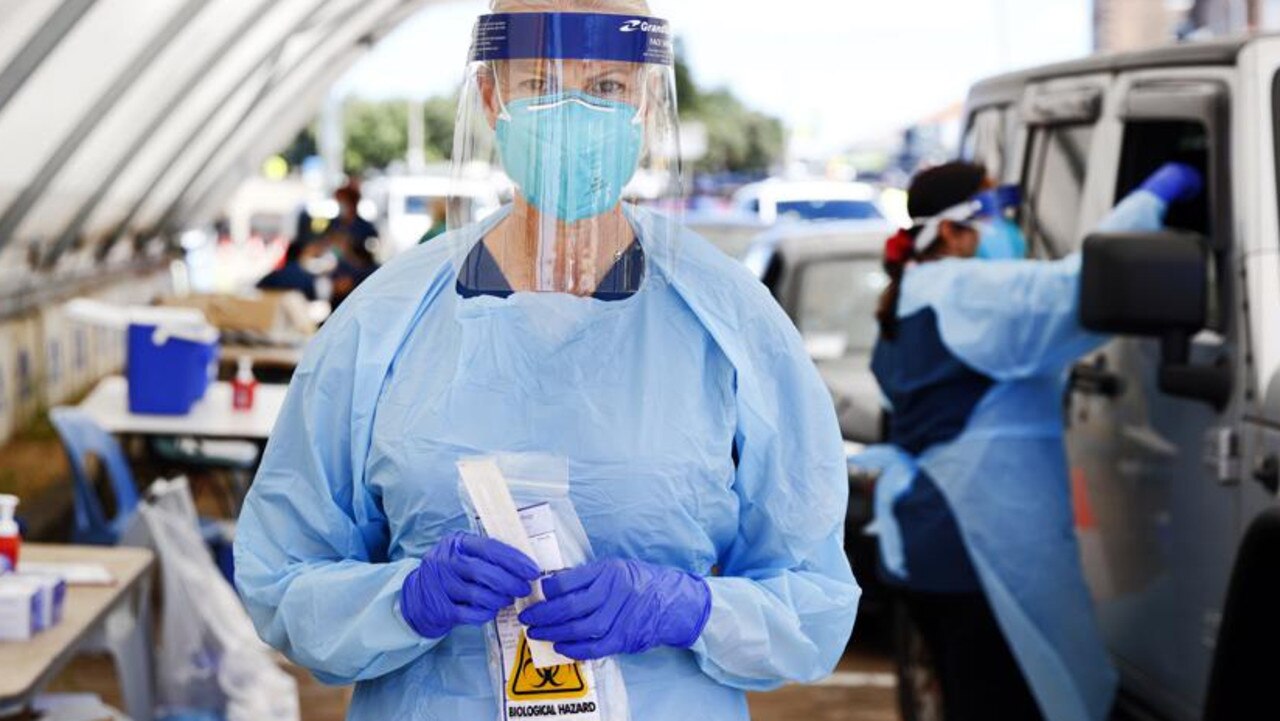Researchers reveal why some people seem to be ‘immune’ to Covid-19
Groundbreaking new research has provided a clue as to why some people fall ill with Covid-19, while others are unscathed after exposure.

Catching a cold is never fun – but according to groundbreaking new research, it could potentially end up protecting you against Covid.
A study by the UK’s renowned Imperial College London, published in Nature Communications this week, found people with higher levels of T cells, which fight against some common colds, may be less likely to fall ill with Covid.
Rhia Kundu, the study’s lead author and a researcher at Imperial’s National Heart and Lung Institute, said that scientists had been puzzling over why exposure to Covid didn’t automatically mean a person would contract the virus.
“Being exposed to the SARS-CoV-2 virus doesn’t always result in infection, and we’ve been keen to understand why,” she said.
“We found that high levels of pre-existing T cells, created by the body when infected with other human coronaviruses like the common cold, can protect against Covid-19 infection.”
But she said it did not mean vaccines weren’t crucial.
“While this is an important discovery, it is only one form of protection, and I would stress that no one should rely on this alone,” Dr Kundu continued.
“Instead, the best way to protect yourself against Covid-19 is to be fully vaccinated, including getting your booster dose.”
Researchers came up with their findings after investigating blood samples from 52 people who lived with a Covid-positive case.
Half of those did not fall ill themselves, and the study is the first to look into how the presence of T cells at the point of exposure can determine whether a person ultimately catches Covid.

While Covid vaccines work by producing antibodies that block the spike protein used by the virus to enter cells, they become less effective once the spike mutates significantly.
However, T cells produced in the body in response to other coronaviruses, such as the common cold, seem to target internal proteins found in Covid.
“In contrast, the internal proteins targeted by the protective T cells we identified mutate much less,” study co-author Professor Ajit Lalvani said.
“Consequently, they are highly conserved between the various SARS-CoV-2 variants, including Omicron.
“New vaccines that include these conserved, internal proteins would therefore induce broadly protective T cell responses that should protect against current and future SARS-CoV-2 variants.”
In other words, the scientists say that could hold the key to eventually developing a so-called “universal vaccine” which could fend off future strains.
However, Dr Simon Clarke, Associate Professor in Cellular Microbiology, University of Reading, told Science Media Centre it was important not to get too carried away by the findings.

“These data should not be overinterpreted. It seems unlikely that everyone who has died or had a more serious infection, has never had a cold caused by a coronavirus,” he explained.
“It could be a grave mistake to think that anyone who has recently had a cold is protected against Covid-19, as coronaviruses only account for 10-15 per cent of colds.
“Similarly, there is no measurement of how much protection the reported effect gives people and a link is only hinted at, it has not been proven conclusively. It should be noted that the authors of the study do not make any claims that a coronavirus cold will protect against Covid-19.”
It comes as both NSW Health and SA Health confirmed that people who have recovered from Covid have a low risk of contracting it again in the month after infection, as most people develop some immunity.
Infectious diseases physician and microbiologist Professor Peter Collignon, from Australian National University, recently told news.com.au we can be confident that natural infection gives you a reasonable level of immunity, but that it was not yet known how long that period of protection lasts.






